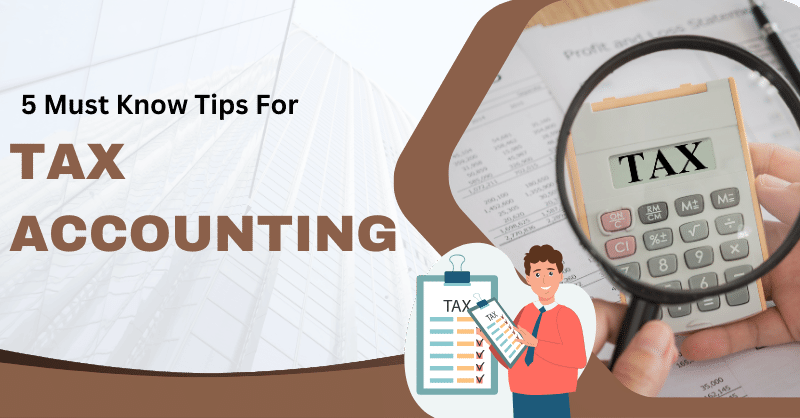
Tax on Individual
Embrace the digital age! E-filing your tax return is generally faster, more accurate, and more secure than the traditional paper method. Plus, you’ll receive your tax refund much quicker.
The tax-averse or those with intricate financial situations, consider seeking the guidance of a tax professional. A qualified advisor can ensure you’re filing correctly, optimising your deductions, and claiming all the credits you deserve.
In the United Kingdom, taxation on individuals forms a crucial component of the government’s revenue stream, facilitating the provision of public services and infrastructure. There are various types of taxes that individuals are subject to, including income tax, national insurance contributions, and capital gains tax.
Income tax is levied on the earnings of individuals, with different tax bands and rates determined by the amount of income earned. The tax-free allowance, known as the personal allowance, allows individuals to earn a certain amount before income tax is applied. Beyond this threshold, income is taxed at progressively higher rates, with additional rates for higher income brackets.
Record Keeping Management
In the realm of income tax, meticulous record-keeping management is paramount for individuals to comply with tax regulations and optimise their financial affairs. Keeping accurate records ensures that individuals can report their income, claim deductions, and fulfil their tax obligations efficiently and accurately.
Key aspects of record-keeping management in income tax include:
- Income Documentation: Individuals should maintain comprehensive records of all sources of income, including employment earnings, self-employment income, rental income, dividends, interest, and any other forms of income. This documentation typically includes pay stubs, invoices, bank statements, and any relevant financial documents.
- Expense Tracking: Tracking deductible expenses is essential for maximising tax deductions and reducing taxable income. This involves keeping records of business expenses, such as office supplies, travel expenses, and professional fees, as well as any other eligible deductions, such as charitable donations and medical expenses.
- Asset Records: Individuals should maintain records of assets acquired and disposed of during the tax year, as this information is essential for calculating capital gains or losses. This includes records of purchases, sales, and any associated costs, such as transaction fees or improvements to the asset.
- Receipts and Invoices: Keeping receipts and invoices for all purchases, especially those related to business activities or deductible expenses, serves as evidence to support tax claims and withstand potential audits by tax authorities.
- Tax Forms and Filings: Individuals should retain copies of filed tax returns, as well as any correspondence with tax authorities, to ensure compliance with tax laws and facilitate future tax planning.
By maintaining organised and accurate records, individuals can streamline the tax filing process, minimise the risk of errors or discrepancies, and ensure they take full advantage of available tax benefits and deductions. Additionally, thorough record-keeping provides a clear financial picture that can aid in budgeting, financial planning, and decision-making throughout the year.
How Does Tax Accounting Work?
Tax accounting involves the process of preparing and filing tax returns for individuals, businesses, or other entities in compliance with tax laws and regulations. Here’s an overview of how tax accounting works:
-Gathering Financial Information: The first step in tax accounting is to gather all relevant financial information, including income, expenses, assets, liabilities, and any other financial transactions that occurred during the tax year.
-Classifying Transactions: Financial transactions are categorised according to relevant tax laws and regulations. This involves determining which income is taxable and which expenses are deductible based on the tax code applicable to the taxpayer’s situation.
-Calculating Taxable Income: Taxable income is calculated by subtracting allowable deductions, exemptions, and credits from total income. This process varies depending on the type of taxpayer (individual, business, etc.) and the applicable tax laws.
-Applying Tax Rates: Once taxable income is determined, the appropriate tax rates are applied to calculate the tax liability. Tax rates may vary depending on factors such as income level, filing status, and type of income.
-Completing Tax Forms: Taxpayers must complete the necessary tax forms prescribed by the tax authorities, such as the IRS in the United States or HM Revenue & Customs (HMRC) in the UK. These forms require taxpayers to report their income, deductions, credits, and other relevant information.
–Filing Tax Returns: After completing the tax forms, taxpayers submit their tax returns to the relevant tax authorities by the filing deadline, which is typically annually. Electronic filing options are available in many jurisdictions, making the process more convenient and efficient.
Tax accounting aims to accurately calculate and report tax obligations while minimising tax liabilities within the framework of applicable tax laws and regulations. It requires a thorough understanding of tax codes, attention to detail, and adherence to deadlines to ensure compliance and optimise tax outcomes for taxpayers.
Conclusion
In conclusion, tax accounting is a crucial aspect of financial management for individuals, businesses, and other entities, ensuring compliance with tax laws and regulations while optimising tax outcomes. Through careful record-keeping, sorting of transactions, and application of tax rules, tax accountants facilitate the accurate calculation and reporting of tax liabilities. By maximising allowable deductions, exemptions, and credits, taxpayers can reduce their tax burden and retain more of their earnings.
FAQ
You should keep all receipts, invoices, and other documents that prove your income and expenses for at least five years after you file your tax return. This includes things like salary slips, bank statements, mortgage interest statements, charity donation receipts, and receipts for business travel or equipment.
The deadline for submitting your self-assessment tax return online is usually October 31st each year. However, if you owe tax, the payment deadline is usually January 31st of the following year. It’s important to check with HMRC (Her Majesty’s Revenue and Customs) for the latest deadlines, as they can change.
There are a variety of deductions you may be eligible for, depending on your circumstances. These can include travel expenses for work, work-from-home office costs, uniform costs, charitable donations, and subscriptions to professional bodies. Be sure to check the HMRC website for a full list and eligibility requirements.
E-filing is generally the recommended way to submit your tax return in the UK. It’s faster, more secure, and less prone to errors than paper filing. You’ll also receive your refund faster by e-filing.
If you have a complex tax situation, are self-employed, or have any uncertainties about your tax obligations, then consulting with a qualified tax advisor is a good idea. They can ensure you’re filing correctly, maximise your deductions and credits, and ultimately save you money.
- All Courses
- Personal Development1018
- QLS Endorsed Single Course1000
- Mega Bundles370
- Management351
- Technology226
- Health & Safety182
- Teaching & Education170
- Employability126
- Health & Fitness103
- CPD Accredited99
- Business93
- Accounting & Finance92
- Health & Care67
- Law63
- Career Bundle60
- Marketing59
- Job Guarantee Programme57
- QLS Endorsed Single Course with Free Certificate36
- Training30
- Counselling29
- Design26
- Fashion & Beauty25
- Trending Courses22
- Digital Marketing17
- Food Safety15
- Nursing12
- Regulated Courses6
- Psychology5
- Psychology & Counselling1
- Engineering1




0 responses on "5 Must-Know Tips for Tax Accounting"